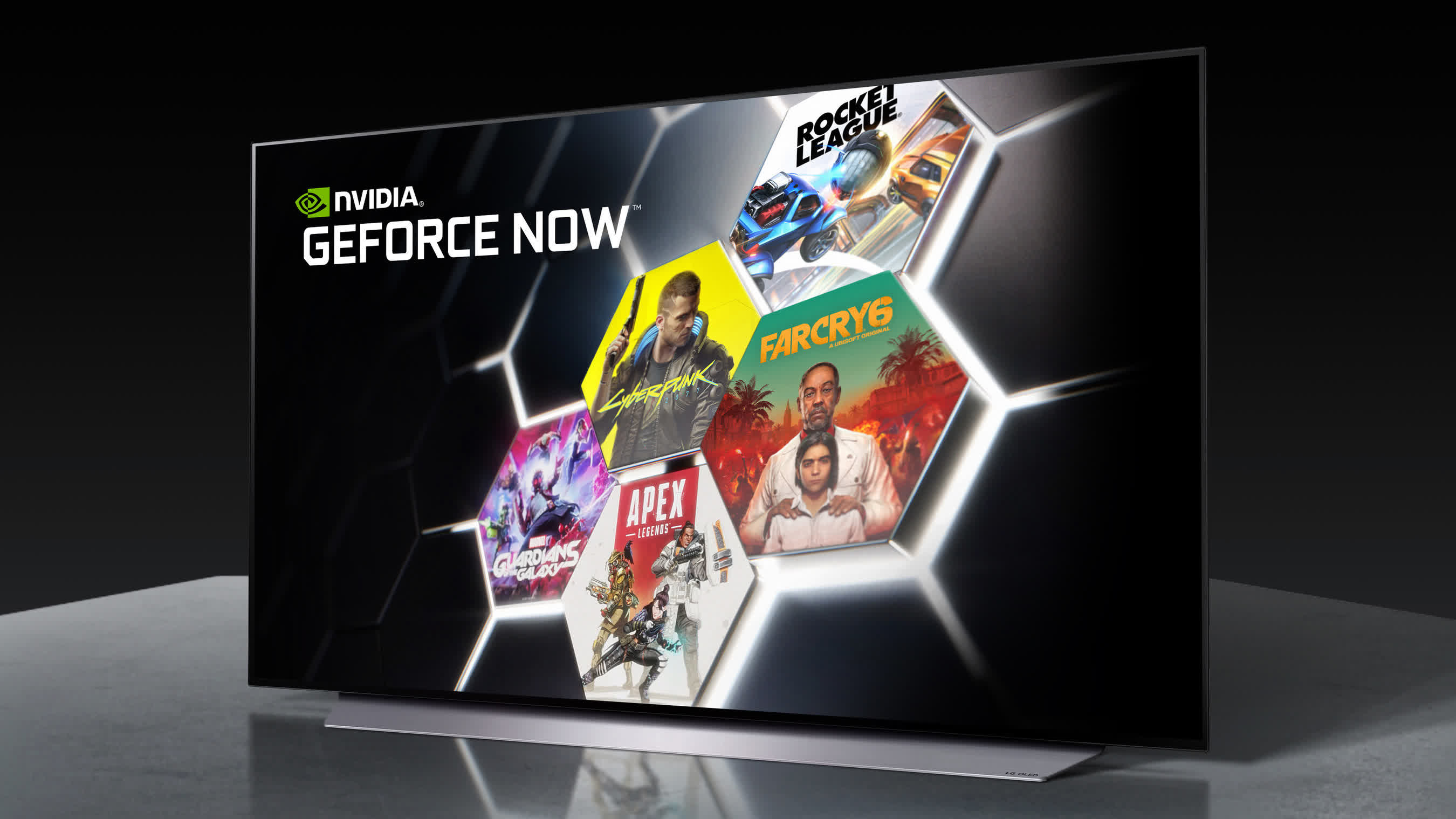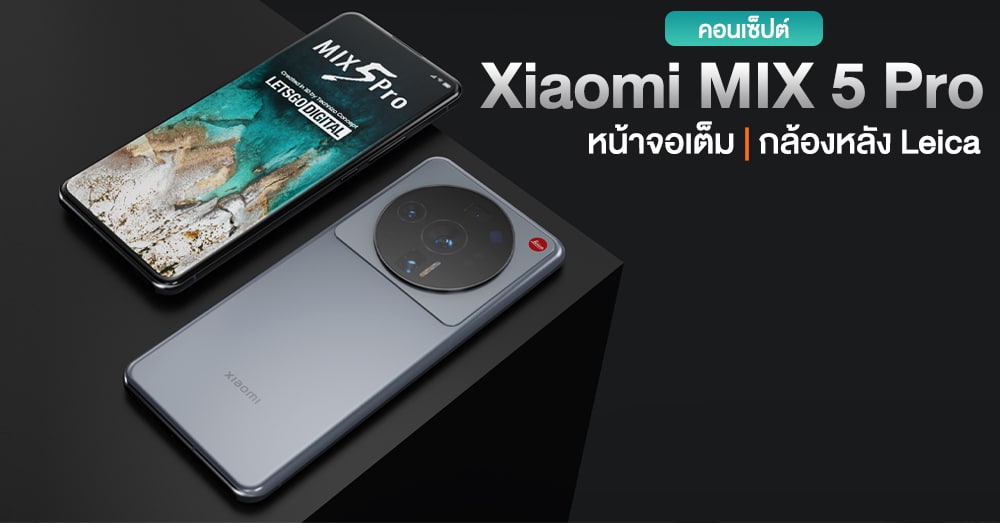In brief: Remember when Steam accepted Bitcoin as payment? You’ll be forgiven if it slipped your mind: it was only part of the platform from April 2016 until December 2017, when it was removed for what Valve called “high fees.” Now, boss Gabe Newell has shed more light on why the company got rid of crypto, as well as NFT- and blockchain-based games.
In an interview with PC Gamer, Newell made it clear he wasn’t the biggest fan of integrating cryptocurrency into Steam. “The problem is that a lot of the actors who are in that space are not people you want interacting with your customers,” Newell said. “We had problems when we started accepting cryptocurrencies as a payment option. 50% of those transactions were fraudulent, which is a mind-boggling number. These were customers we didn’t want to have.”
Another issue Newell has with using digital currencies, one that has long been cited as their biggest drawback, is the fluctuating value, which he described as a “complete nightmare” for Valve.
When Steam first started accepting Bitcoin payments, the plan was for users to be charged local currency prices based on their region, then the payment processor would convert that amount into Bitcoin based on a daily exchange rate. Valve said this meant the purchase price of the product would not change.
Bitcoin payments are coming soon to Steam, they will use the local currency prices and convert during checkout. pic.twitter.com/zSZ3ueVIEU
— SteamDB (@SteamDB) April 21, 2016
But the constantly changing value was one of several reasons why Valve dropped Bitcoin support. Another problem were the transaction fees, some of which had reached around $20 at the time it suspended the BTC option back in December 2017.
Elsewhere, Newell hit the nail on the head with his opinion on the influx of NFT and blockchain games, something Steam banned last year. “There’s a lot of really interesting technology in blockchains and figuring out how to do a distributed ledger, [but] I think that people haven’t figured out why you actually need a distributed ledger,” he said.
“There’s a difference between what it should be and what it really is currently in the real world. And that’s sort of where we were at with the blockchain-based NFT stuff: so much of it was ripping customers off. And we were like, ‘Yeah, that’s not what we want to do, we don’t want to enable screwing large numbers of our customers over,’ so that’s what drove that decision. There’s nothing inherently about distributed ledgers that makes them problematic. It’s just so far that’s almost always what our experience has been.”
Valve might not be big fans, but more companies are pushing for cryptocurrencies, blockchain networks, and non-fungible tokens to be added to games. Crypto exchange FTX is trying to facilitate this with its new FTX Gaming unit, a “crypto-as-a-service” platform that game companies can use to launch tokens and support NFTs in titles.
Note: This article have been indexed to our site. We do not claim legitimacy, ownership or copyright of any of the content above. To see the article at original source Click Here













